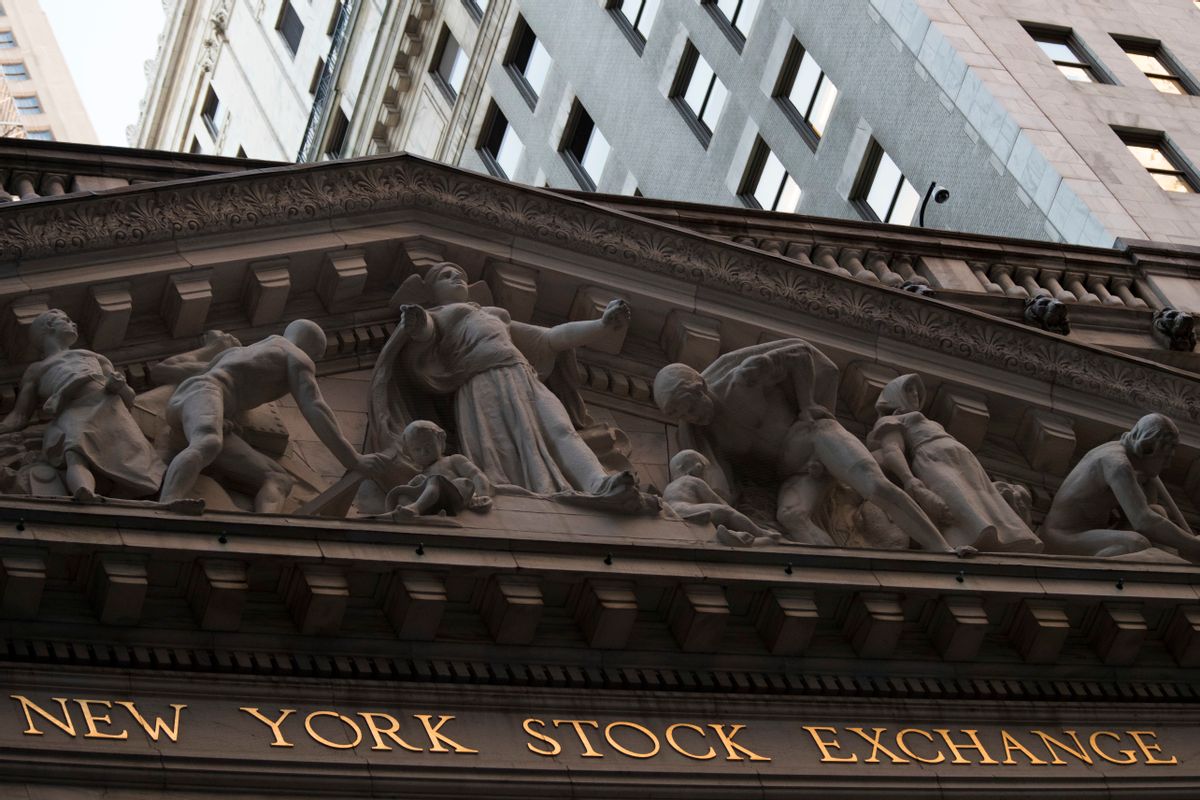The global business environment has become increasingly turbulent, with international alliances and trading blocs fragmenting, extreme political candidates gaining popularity, climate change intensifying, all as the growth of developing economies declines and civil instability grows in many regions.
We recently surveyed more than 200 executive MBA and undergraduate business students in Alberta about their views on business, sustainability and the aforementioned turbulence.
With Alberta currently in the midst of a contentious provincial election campaign, where pipeline and business interests are being contrasted with environmental and social concerns, our survey offers timely insights into the opinions of current and future business managers on the integration of profit, planet and people.
Our survey found that executive and undergraduate business students have now gone beyond connecting how business actions impact a corporation’s sustainability performance to how those very same actions increase or decrease environmental and societal turbulence.
The data also reveals some interesting gender differences that suggest women business leaders are more empathetic, providing guidance on how to tailor corporate teams and business school education.
Aligning business education & societal values
With turbulence from environmental, social, economic and political uncertainty intensifying, business education is increasingly feeling societal pressure to better inspire responsible management.
The recent growth and global spread of the “yellow vest” protest movement, who contend the working class should not bear the burden of problems they believe have been caused by multinational corporations, is yet another example of this growing societal pressure.
Accordingly, business education has recently become focused on how best to prepare managers for navigating these increasingly turbulent times. Such an approach, however, inherently positions the turbulence as a completely external factor that businesses cannot influence. Yet our survey found current and future managers believe the opposite.
Conservative views of business sustainability?
We studied executive MBA students who are currently managers and undergraduate business students (future managers) after they completed a required global supply chain course that emphasized sustainability throughout.
They viewed the globalization of supply chains as directly contributing to the current global turbulence (92 per cent and 79 per cent respectively). And, conversely, they believed that sustainable supply chains could help reduce that turbulence by bringing about positive change on both environmental and social fronts (87 per cent and 91 per cent respectively).
Rather than viewing turbulence as external, both groups made a connection between specific actions of global supply chains and how those actions can increase or decrease global environmental and societal turbulence.
As one executive MBA student in our survey summarized it: “Business has more capacity to affect change than all the NGOs put together.”
Both groups also strongly believed that sustainability considerations should be embedded in business education (95 per cent and 91 per cent respectively).
That such views are now so strongly held in a traditionally conservative-minded province, with an economy primarily based on energy extraction, could signal a shift of historical views on the integration of profit, planet and people.
Gender differences
We compared views on the general importance of sustainability with specific views on a global supply chain example, namely Bangladesh’s Rana Plaza clothing factory collapse in 2013.
Both male and female undergraduates showed strong alignment in their views —79 per cent and 81 per cent respectively believed that western clothing corporations who were sourcing their products at Rana Plaza were culpable — but a significant gender difference was found among executives.
When asked about the specific Rana Plaza example, female executives’ views were aligned (83 per cent believed culpability). But their male counterparts’ strong general support for the importance of sustainability significantly declined for the specific Rana Plaza example (only 57 per cent believed culpability).
Viewing specific incidents as “allowable exceptions” to sustainability ideals could pose huge risks for a corporation. Correspondingly, corporations should consider seeking gender diversity in their supply chain teams to mitigate this risk.
The need for sustainability education
Sustainability content in business education was found to significantly increase global awareness and empathy for both undergrads and executive MBAs, but we also found some interesting nuances in the data.
First, undergraduates and managers alike had similar starting points for global awareness despite different life and work experiences. This indicates that business schools need not vary their global content by level of management program, since it’s equally valued by both MBA students and undergraduates.
Secondly, females in both groups exhibited significantly greater empathy than their male peers. This provides additional encouragement for corporations and business schools to implement gender diversity in their supply chain teams and classroom groups.
What next?
Even in the heart of conservative Canada, both current and future managers strongly believe sustainability needs to be embedded in business programs and that individual business actions impact the global turbulence we are all experiencing.
One wonders how such changing views on the integration of profit, planet and people could influence election results as Albertans head to the polls next week.
Furthermore, with robotics and artificial intelligence predicted to increase societal turbulence by bringing about significant labour market changes, corporations and business schools would be wise to expand and embed sustainability — or face the risk of even more public outcry in the very near future.
Brent Snider, Teaching Professor of Supply Chain Management, University of Calgary and Rosanna Cole, Lecturer in Sustainable Supply Chain Management, University of Surrey
This article is republished from The Conversation under a Creative Commons license.



Shares